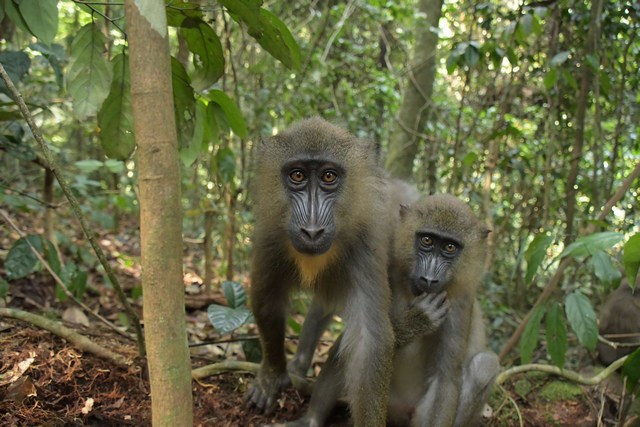Language - a key element of cultural identity - plays a crucial role in shaping norms. To study the mechanisms underlying certain social behaviors (such as the propensity to homophobia), it is useful to have access to the mental representations of individuals. To this end, the analysis of subjects' discourse is a privileged approach, insofar as verbal productions bear the marks of the mechanisms that generated them. In other words, we can consider that, in a way, cognition is represented through language. The words and phrases used to describe specific concepts and situations can influence or explain the way individuals behave in society and/or how they perceive the behavior of others. Changes in language can also reflect broader cultural changes, such as changes in social attitudes and values. Cultural evolution is thus closely linked to linguistic evolution. Languages change over time as a result of interactions between different cultural groups, migration and exchange. Similarly, the way in which a culture develops and changes can lead to linguistic changes. In this context, work carried out in human anthropology, for example, has demonstrated that the sound structure of the first names given to young male and female children has evolved over time, confirming the hypothesis of the masculinization of women in post-industrial societies. This hypothesis was also confirmed at vocal level in a longitudinal analysis. Finally, at the level of mental representations, analysis of the discourse of subjects from different cultural backgrounds enabled us to put forward a social hypothesis of homophobia. Other linguistic aspects - such as the recent disappearance of the binary grammatical gender based on the feminine/masculine distinction in certain languages - can be explained by the cultural evolution of societies, linked to changes in the social relations attributed to men and women.
References
Ben Hamed, M., Barkat-Defradas, M., Hamdi-Sultan, R., (2015) The evolution of Arabic(s) Making the Idiom speaks for the Deme, International Journal of Modern Anthropology 8, 94 - 116.
Suire, A., Bossoms Mesa A., Raymond, M., & Barkat-Defradas, M. (2019) Sex biased sound symbolism in French first names, Evolutionary Human Sciences 1, e7, pp. 1-17.
Fronhofer, N. M., Herbert, C., Durand, V., Alvergne, A., Raymond, M., Barkat-Defradas, M., (2022) Fear and cultural background drive sexual orientation prejudice in France, The Open Psychology Journal, 10.31234/osf.io/w2u4z https://psyarxiv.com/w2u4z/


Surprisingly, the study of language activity has long been conducted in isolation from any question...More



